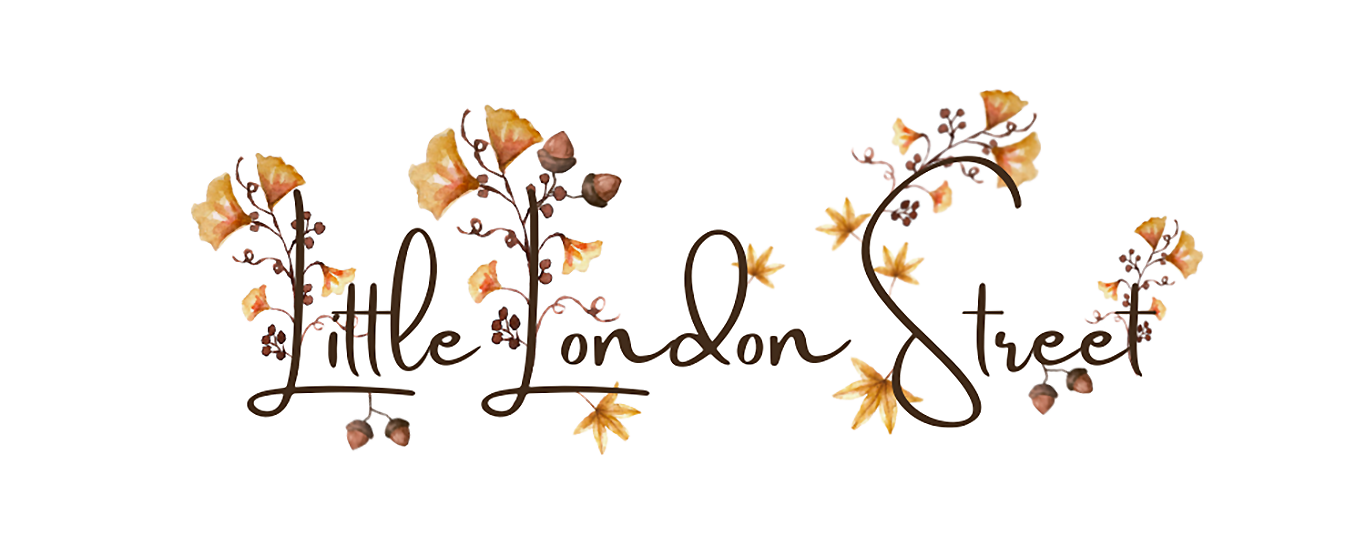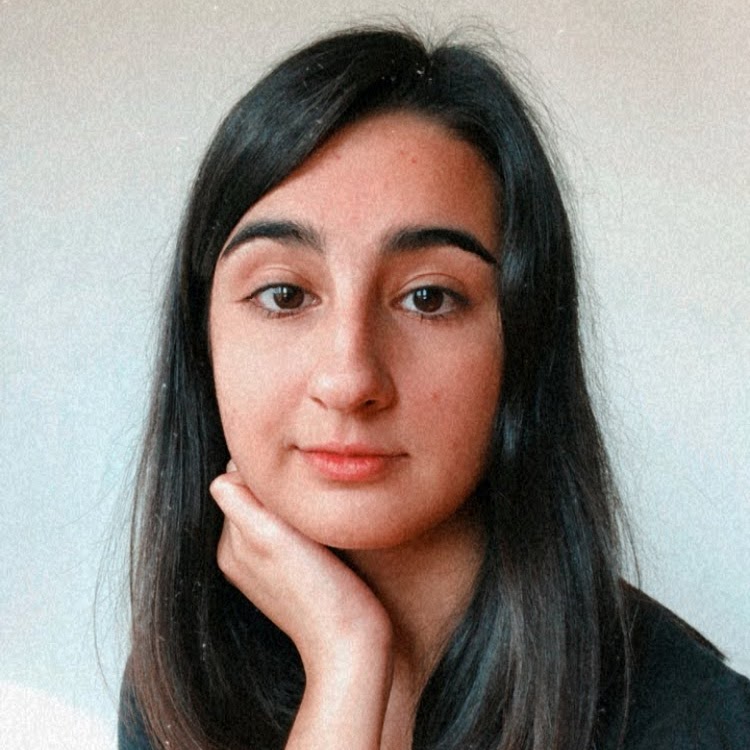*please excuse me if this post is somewhat messy. I just found out about my library's reading program and am scrambling to read 25 books so I can win on Thursday. :P*
Greetings! It's a new year, which means new resolutions/goals, whatever you want to call them, and somewhere on that list was probably some sort of goal that had something to do with healthy eating/dieting/fitness. I have that on mine! But that's not we're talking about today because, hey, THIS IS A BOOK/WRITING BLOG—physical fitness be shunned from thine mind when thou dost read this. If you had trouble reading that sentence, don't worry, I had trouble writing it. *thumbs up*
So what makes the perfect reading diet? I feel guilty that my TBR is the equivalent of eating donuts for breakfast everyday, which is exactly why I plan on reforming my reading diet this year. I thought maybe of your feel the same way, and because I'm helpful like this, I'm writing a post about this! So here are 5 tips to creating the sustainable reading diet:
1. Assess your TBR
The first thing you want to do is assess whether you are over-indulging in one genre. Look at your TBR before you start it and pick out the patterns in the literature you've chosen. I typically have a lot of fantasy, sci-fi, and magical realism in my own reading trends. If you see an overpowering dominance of one or two genres, then you probably need to branch out your interests and try something new. If you are scared to read a new genre, or you think that you won't like it, don't be! One of my favorite books is Rules of the Road by Joan Bauer, which is a contemporary. If you didn't already know, I kind of detested the contemporary genre before I actually read a good portion of it. You too might find a new favorite that you might never have discovered if you hadn't tried it!
2. Add (or trade) books
So now you can look up some books that you might be interesting in reading to strengthen the weak spots in your balanced reading diet, or if you're already drowning in your TBR like me, trade other books out for different ones. I've swapped several of the novels I want to read most badly for classics by Charles Dickens and Victor Hugo. The great thing about books is that they will be around for a really long time, so you really aren't losing anything by waiting.
3. Speaking of classics...they're great for education!
My mom tells me this all the time! And you know what? She's right. Classic literature is sadly bypassed by many teens these days, seen as the boring stuff you are required to read in English class. But it's seriously not boring! The reason it is deemed 'classic' is because it is brilliant. The stories these people tell are engaging and kick my heart rate up just like any modern adventure. In terms of education, you can learn a lot about plot structure, character arcs and development, setting, chronology, and so many more elements of good storytelling straight from the masters if you are a writer. Another great educational benefit of reading the classics is the vocabulary. Let's be honest here—most literature now days is written in street grammar. (Why do you think it's easy to read a 200-page book in one day?) The vocabulary at those times was so much richer than the street grammar we use now, and as you pick up those long and intellectual words, you will become more intelligent and verbose.
4. So now the dreaded word...nonfiction!
Yep, you heard me. Books were invented not just for entertainment, but also to distribute knowledge to the public. We need to support our reading diets with a healthy amount of nonfiction so we can learn useful, good information. I only just learned a thousand ways to kidnap a world-threatening villain from my TBR last year, none of which I will ever use.
This year, even though you may not like the idea, try to force yourself to learn about a topic that interests you. An easy way to do this for writers is to read nonfiction as research for your story. I'm currently using this strategy to chew a dent in a 300+ page book about Stone Henge. If you're not a writer, maybe you want to be a veterinarian or you volunteer at the library and want to learn everything about the Dewey Decimal System. Pick up a book about it! Read it! It's fun! This is one of the best ways to learn, because then you can impress other teenagers with not only your knowledge of current bestsellers, but also the behind-the-scenes real-life info.
5. Discipline yourself.
The only way to get anything done is to discipline yourself. This year, I am telling myself that I can only check out four books on each library trip: two novels, one classic, and on nonfiction book of my choice with substantial information. And I can't check out any more novels until I'm done with either the classic or the nonfiction. Create a "diet" for yourself, and stick by it. Don't give yourself too many exceptions or excuses, or you will never progress. If you have to, ask someone to keep an eye on your reading habits. An imbalanced reading diet can have the same affect as playing too many video-games or watching too many movies. Be careful what you feed your brain! Knowledge is power that only royals had in old times, so treat yourself like royalty, because that is what you are. :)
Smiles!
Nicole









This is gonna be hard for me to do, but I'll try!
ReplyDelete